Acknowledging that we are sinners and being able to ask for forgiveness is the first step in a decisive response to the question that Jesus asks each of us directly: “are you with me or against me?”. Thus, during Mass at Santa Marta on Thursday, 3 March, the Pope invited us to open ourselves unconditionally to God’s mercy.
At the beginning of the first reading, Francis noted, the prophet Jeremiah (7:23-28), “reminds us of God’s pact with his people: ‘Listen to my voice; then I will be your God and you shall be my people. Walk in all the ways that I command you, so that you may prosper”. It is “a faithfulness pact”. Both readings, he continued, “tell us another story: this pact failed and today the Church makes us reflect on it; we can call it a history of failed faithfulness”. In reality, “God always remains faithful, because he cannot deny himself”. However the people amass infidelities, “one after another: they become unfaithful, they are unfaithful!”.
The Book of Jeremiah recounts that the people do not hold true to the pact: ‘But they obeyed not, nor did they pay heed’”. Scripture also tells us, Francis explained, of the “many things that God did in order to attract the hearts of his people: ‘From the day that your fathers left the land of Egypt even to this day, I have sent you untiringly all my servants the prophets. Yet they have not obeyed me nor paid heed; they have stiffened their necks and done worse than their fathers’”. This passage of Jeremiah ends on a strong note: “Faithfulness has disappeared”, it is “cut off from their lips”.
The “unfaithfulness of the People of God”, like our own unfaithfulness, “hardens the heart: it closes the heart!”, and it keeps out “the voice of the Lord who, as loving father, asks us to always open ourselves to his mercy and his love”. In Psalm 95[94] “we prayed together: hear today the voice of the Lord: harden not your hearts!”. It’s true, the Pontiff stated, “the Lord always speaks to us this way”, and “with fatherly tenderness he tells us: return to me with all your heart, for I am merciful and compassionate”.
However, “when your heart is hard you cannot understand this”, Francis explained. In fact, “God’s mercy is understood only if you are able to open your heart, so it can enter”. And this continues, it “goes on: the heart hardens, and we see the same story” in the day’s passage from the Gospel of Luke (11:14-23). “There were people, the doctors of the law, who had studied the Scriptures, who knew theology, but were very, very closed-minded. The crowd was amazed: astonishment! Because the crowd was following Jesus. Someone might say: ‘But they followed him in order to be healed, this is why they were following him’”.
The reality, Francis pointed out, was that the people “trusted Jesus! Their hearts were open: imperfect, sinful, but their hearts were open”. On the other hand, “the theologians had a closed-minded attitude” and “were always looking for an explanation so as not to understand Jesus’ message”. Thus, in this specific case, as Luke writes, they said: “No, this man casts out demons in the name of the prince of demons”. They were always seeking other pretexts, the Gospel continues, “to put him to the test: they asked him for a sign from heaven”. The underlying problem, the Pope remarked, was that they were “always closed”. Therefore, “it was Jesus who had to justify what he did”.
“This is the story, the history of failed faithfulness”, Francis said, “the history of closed hearts, of hearts that would not let God’s mercy enter, which had forgotten the word ‘forgiveness’ — ‘Forgive me, Lord!’ — simply because they did not feel they were sinners: they felt they were the judges of others”. And this history goes on for centuries. “Jesus explains this failed faithfulness with two clear words in order to end the discussion with these hypocrites: “Whoever is not with me is against me”. In the language Jesus used, the Pope said, it is clear: “either you are faithful, with your heart open to God who is faithful to you, or you are against him: ‘Whoever is not with me is against me’”. Someone may think that there is perhaps “a middle ground for negotiations”, to escape the clarity of Jesus’ words, “either you are faithful or you are opposed”. In essence, Francis replied, “there is a way out: confess, sinner!”. Because “if you say, ‘I am a sinner’, your heart opens, God’s mercy enters, and you begin to be faithful”.
Before continuing the celebration, the Pontiff advised that we ask “the Lord for the grace of faithfulness”, knowing that “the first step” on the “path of faithfulness is feeling we are sinners”. Indeed, “if you do not feel you are a sinner, you have started off wrong”. Therefore, Francis concluded, “let us ask for the grace that our hearts not harden, that they be open to God’s mercy”, and ask for “the grace of faithfulness”. Let us also ask for the “grace to ask forgiveness” when we find we are unfaithful.


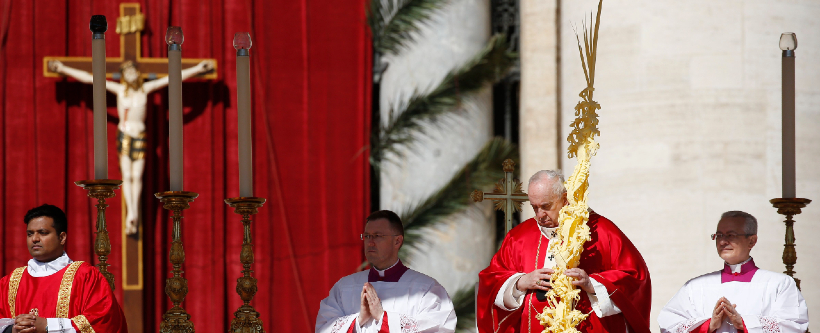
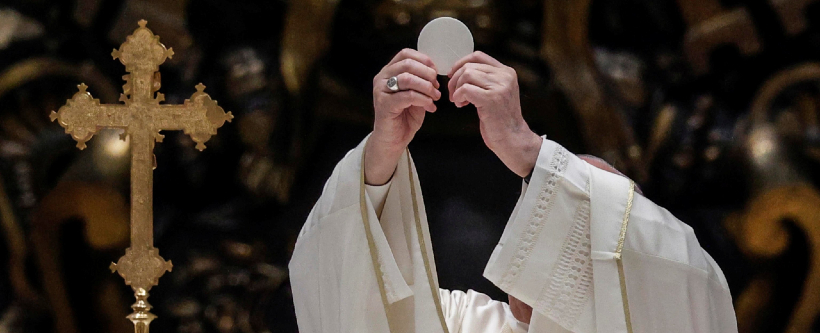
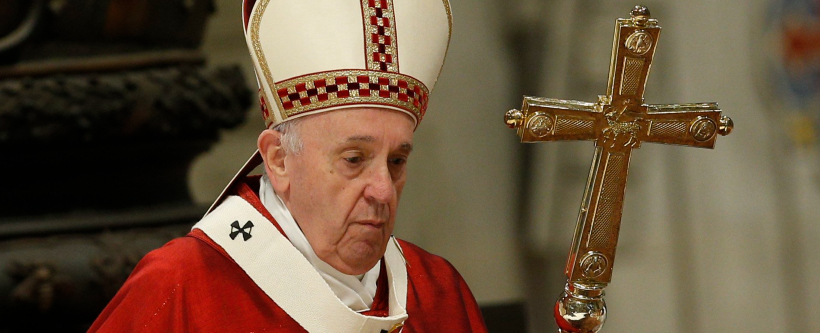
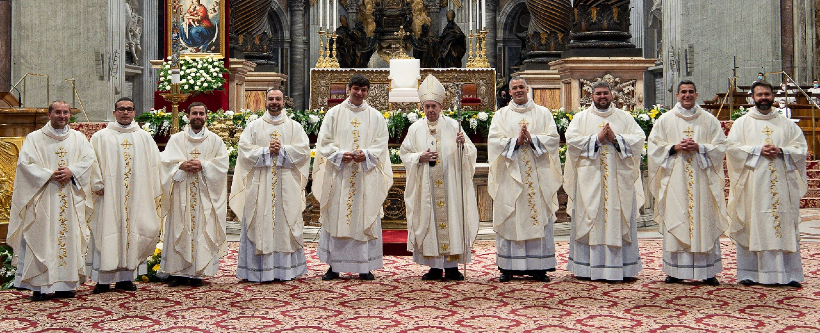
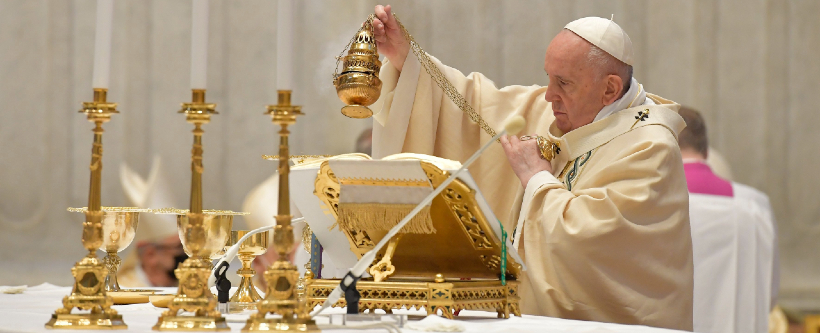
Facebook Comments